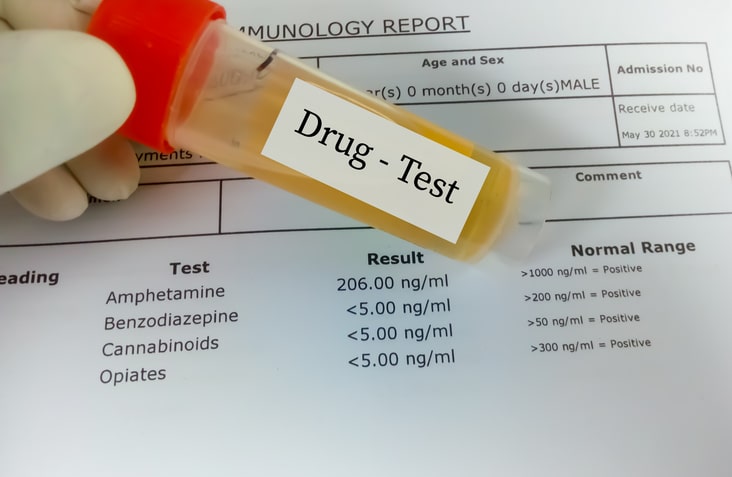Sadly, we must all be concerned about the misuse of drugs in our communities. However, if substance abuse is a threat to our children, it is cause for immediate action. If you suspect your co-parent of drug use or fear it may be used as a tactic against you in a custody battle, the following offers basic information about drug tests in child custody cases.

Drug Testing Requires Proof
Drug tests are used in child custody cases upon the request and substantiating evidence of a parent. The court does not typically address drug and alcohol testing without petitioning a parent. Therefore, if you have proof the other parent abuses substances and threatens your children, it is your responsibility to notify the court properly.
Verbally accusing a parent of drug and/or alcohol abuse is not enough to get a court to order testing. Child custody cases are highly emotional and often hostile matters, and some parents will make false accusations in the hopes of winning their cases.
If a parent has a prior record of illegal drug use or an alcohol-related criminal past, the court will accept this as proof for drug testing. The court will also allow the following types of evidence:
- Photographs, videos, and social media posts
- Texts and other forms of communication
- Medical records
- Rehabilitation records
- Eyewitness testimony of actual drug use
The court may also require independent corroboration of a parent’s substance abuse. The requesting parent may use official documented reports from any of the following:
- Organizations providing substance abuse services
- Social welfare agencies
- Law enforcement
- Courts
- Medical facilities
- Probation departments
In the absence of official reports, the requesting parent may write a testimony to the court and include testimony from third-party witnesses with personal knowledge of the other parent’s substance abuse.
A Positive Test is Not an Automatic Loss of Custody
The courts typically order urine samples for drug and alcohol testing. Although other tests are more accurate, they must use the least intrusive method. If a parent tests positive, they do not automatically lose custody of their children.
It is the court’s responsibility to act in a child’s best interest. Therefore, a positive drug test will be taken into account along with several other factors when making any child custody decisions. The court will step in to protect a child when a parent is a threat to that child’s safety and well-being.
What to Know Before Requesting a Drug Test
If you request your co-parent undergo drug testing during your child custody case, you too will likely be required to test for substances. Generally, the court decrees the spouses share in the costs of testing.
Also, consider why you are requesting a substance abuse test and if doing so will help your child custody case.
Contact an Experienced Custody Attorney Today
If you would like to speak with an experienced Los Angeles child custody attorney, contact Fernandez Law Group. Our attorneys can answer any questions or concerns you may have regarding drug or alcohol testing in California child custody cases.
Let our skilled family law attorneys devise the case strategy best-suited to meet your child custody expectations. We can also assist you with any other family law matters, including divorce, modifications, paternity, child support, and alimony.

